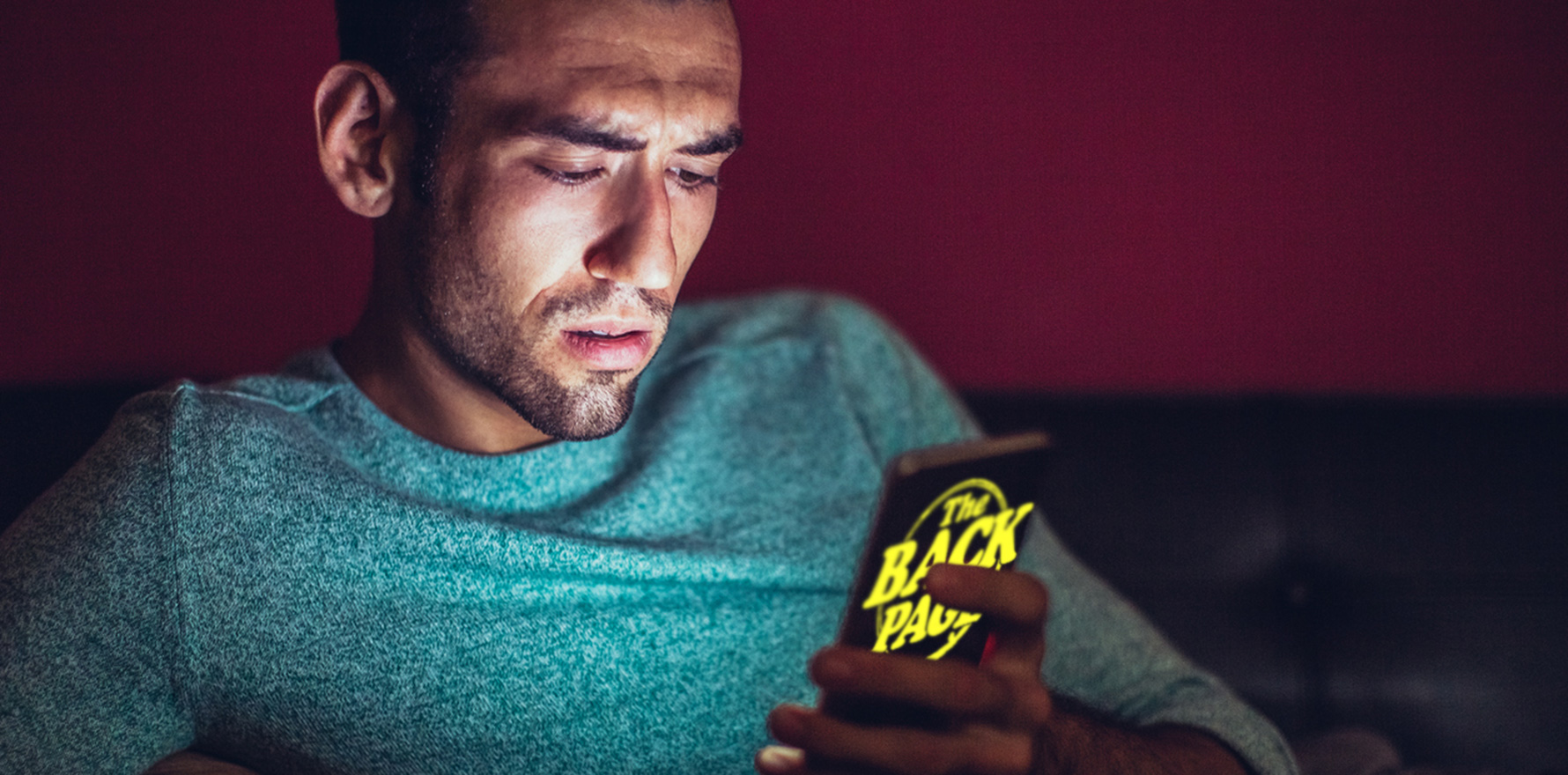Stop scrolling, definitely stop posting, and see what it does for your mood.
Welcome to 2025, a year that sounds like the setting for a zany distant-future political sci-fi satire, and feels a lot like one too.
With US president-elect Elon Musk leaving no brain unbroken by his disinformative, disingenuous and flagrantly obnoxious social media harassment, it’s appropriate to kick off the Back Page year with this JAMA Network Open paper charting the association between social media use and irritability.
The link between social media use and depression has been documented at all ages, the authors say, and is probably complex and bidirectional; but research has so far neglected other kinds of negative affect.
The study can’t attribute a causal direction, being a snapshot, but does indeed establish that using social media and irritability make a beautiful red-faced, twitching, teeth-champing couple.
The team, from several US east coast institutions, surveyed more than 42,500 US adults, 59% women, between November 2023, and January 2024, capturing how frequently they used Twitter, Instagram, TikTok and/or Facebook and specifically how frequently they posted.
They measured subjects’ irritability on the Brief Irritability Test (BITe5 – nice), and their depression symptom severity and anxiety.
There was a clear association between general use of social media and irritability, and a particularly obvious dose-response relationship between posting frequency and irritability. Some but not all of the association went away when they adjusted for depression and anxiety.
Interestingly, any posting at all on TikTok was associated with increased irritability, whereas with Twitter only daily use and upwards registered.
The researchers also measured subjects’ political engagement in terms of frequency of political discussions and news following, and their political orientation.
Frequency of discussions was associated with greater irritability, following the news with less. No association was found between irritability and political affiliation.
Irritability is not a benign quirk, as, the authors write: “when it co-occurs with depression, it may be associated with greater functional impact, poorer treatment outcomes, and likelihood of suicidal thoughts and behaviors. Irritability has also been associated with impacts on social function and employment, as well as risk for violence.”
Despite a lack of finding on causality, this will probably be seized on by the army of health advisers and columnists who tell you to back off the socials if you’re trying to calm down.
On the other hand, is it feasible not to be at least irritated at the moment? As the great Anonymous said, in the quote that opens the paper: “If you’re not outraged, you’re not paying attention.”
Send seethe-worthy story tips to penny@medicalrepublic.com.au.


